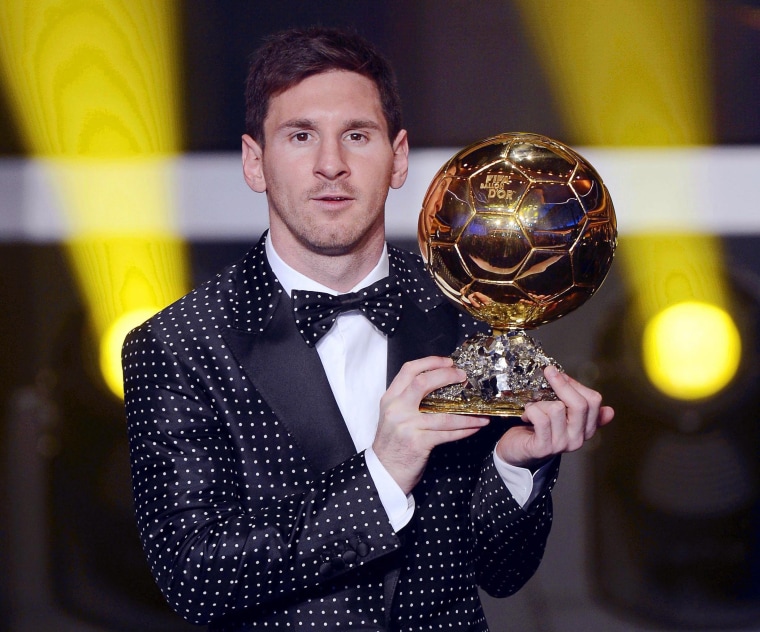This week the aristocrats of global football convened in Zurich to name Lionel Messi the world’s best soccer player for the fourth year in a row. It’s hard to argue with the global phenomenon’s record. In 2012 “The Little Maestro” broke the world record for single-season goals at Barcelona and scored a hat-trick against Brazil while representing his home country, Argentina.
At only 25-years old, Leo may be dominating for quite a while, perhaps even long enough to compete at the 2022 World Cup in Qatar, the tiny oil-rich Gulf country that has positioned itself as an international hub for media and culture. In addition to winning its bid to host the biggest event in world sports after the Olympics, the Qatari capital of Doha hosted the UN Climate Summit in December and is home to the impressive I.M. Pei-designed Museum of Islamic Art.
While European football, International Climate Talks, and post-modern architecture may not come up in the average American’s daily life, the single most important Qatari cultural contribution to the world is without a doubt the Al Jazeera media network. State-owned Al Jazeera (Arabic for “the island,” a shorthand term for “the Arabian Peninsula”) was launched out of Doha in 1996 and has since established itself as the premiere televisual and online pan-Arab news outlet. Last year Secretary Clinton made waves in media and policy circles describing the network as offering “real news” at a Senate Foreign Relations Committee hearing.
Five years ago Al Jazeera inaugurated an English-speaking channel only available in five U.S. markets: New York, NY; Washington DC; Burlington, VT; Toledo, OH; and Bristol, RI. This limited access drove the international media conglomerate to purchase Al Gore’s Current TV for $500 million last week. While the irony of a Nobel Prize winning climate change activist accepting a fortune from the country with the largest per capita carbon footprint in the world is inescapable, this acquisition was a positive development for the American media landscape. A plurality of voices allows not only for more comprehensive discussions of major topics, but also inclusions of political and social issues that would not otherwise see the light of day.
This is why Time Warner’s knee-jerk decision to pull Current TV, and Al Jazeera’s new channel, off the air with it was met with such immediate dismay from The New York Times and other forward-thinking groups and individuals. While this move could be seen as a shrewd business maneuver--Time Warner owns cable news competitor CNN--the cable provider already makes available BBC America, Russia Today, and Chinas CCTV. Time Warner claims that the move was made as a precursor to negotiating rates. Let us hope that this is the case and that it's not a Bush-era hangover of residual Islamophobia among the media and business elites.
While the global community stands more or less united against racism in Europe and against the type of media censorship that spawned recent protests in China, there should be an open discussion of soft censorship issues like access to viewers in America. msnbc, for example, has a history of carriage issues; for years Verizon and AT&T customers in the vital tri-state market of New York, New Jersey, and Connecticut were deprived of access to msnbc due to competing legal boundaries and corporate interests. Instead of leaving these vital issues “up to the professionals,” a civic space should be made available for the discussion of what types of media and information should be available to the public sphere. At the very least it will be one more set of talking heads for Stewart and Colbert to rip into every night.
